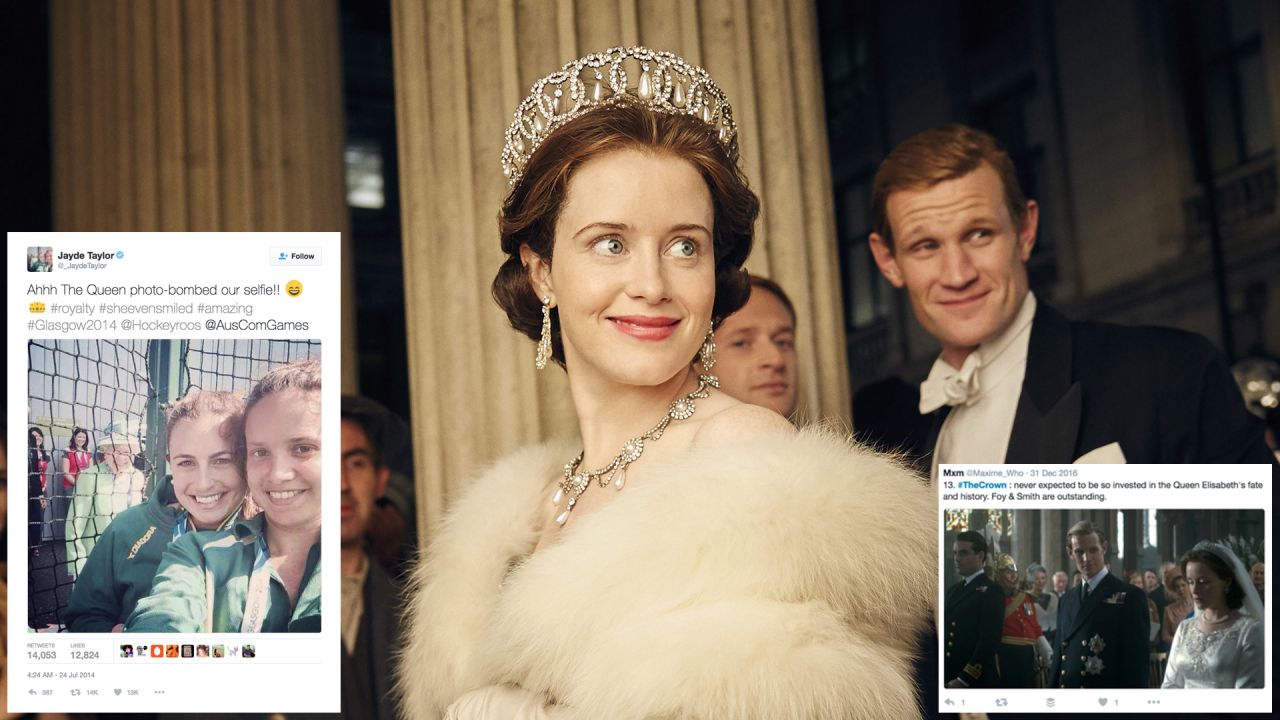On Sunday Night the acclaimed Netflix series, The Crown, won three royally deserved Golden Globes (best TV drama series, best actress and best supporting actor). In her acceptance speech, Claire Foy said that the Queen has been ‘at the centre of the world for the past 63 years’. Quite a claim, and not one you could easily insert many other names into. Sir David Attenborough maybe, the King of the BBC’s natural history offering at 90, and soon to reassert his reign in America with Planet Earth II? Sir Alex Ferguson in football – based in Manchester – until a couple of years ago? No.
Of course not everyone buys into Foy’s notion, of the world with the monarchy at its epicentre. But The Crown has somehow managed to transcend anti royalist sentiment. Recommendations were flying around Facebook to the effect ‘I’ve just finished The Crown (much to my embarrassment as a staunch republican) and really enjoyed it’. Not many lifelong beliefs are so quickly overcome by a bit of telly.
So what makes the Queen/ The Crown special? How has a (singularly opulent and beautifully constructed) TV series managed to launch a new way of watching to new audiences? ‘Millennials’ have for some time been gaily claiming ‘Oh I don’t watch TV’, despite having a serious Netflix bingeing habit. Series like The Crown introduce the platform, this way of watching, to another generation and further support strong subscriber growth – Netflix is now up to 6 million UK subscribers since launching in 2012. The Guardian, of all sources, declared, “Netflix can rest assured that its £100-million [$125-million] gamble has paid off. This first series, about good old British phlegm from first to last, is the service’s crowning achievement so far.”
The Crown has seemingly managed to re launch one of the oldest institutions on the planet to new and cynical audiences and create engagement with the idea, the ideal, of royalty not seen since the halcyon early days of Queen Elizabeth’s very own reign. It has made us reconsider the family who have been at the end of our noses our whole lives. As one Twitter commentator put it “Watching Margaret collide with her role as princess really gives you the feeling that Harry gets it, doesn't it? He embraces it”.
Our very own flesh and blood queen has of course been drawing audiences herself for years, at events but also on TV. She attracted a majestic 8.1 million views to her Queen’s speech this Christmas, up from 7.5 million last year (a Crown effect?), topping the Christmas Day ratings for the second year running. Her steady voice in turbulent times is a potent salve, a momentary escape from the uncertainty, living confirmation that some things don’t change so much after all.
Like the Queen, at Red Bee we love audiences, and creating experiences they choose to spend time with. It feels like we can all learn a lot from her sustained profile and success when it comes to retaining current fans and recruiting new ones. She’s consistent, but also flexible. As the world transforms around her, she moves with the times, adapting to please today’s empowered, social media addicted, multiscreen audiences. She’s been tweeting since 2014 for one, and her smiling photo bomb into Australian hockey player Jayde Taylor’s selfie made it the most retweeted Tweet of the entire games.
Whether it’s the flesh and blood monarch of the Christmas Day speech, or the luminous one presented to us by Claire Foy on our Netflix screens, they both allow audiences to access something precious. A heroine who is relevant, accessible and mortal. A reminder that as we move towards new platforms, new technologies and wizardry, that the stories told don’t need to be those of science fiction. Strong characters with the best interest of their audience at heart are the ones that will connect and reign supreme.
Kath Hipwell, Head of Content Strategy

